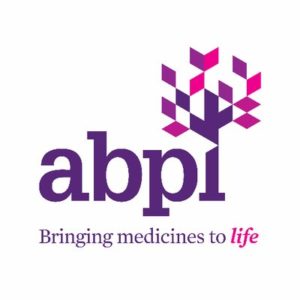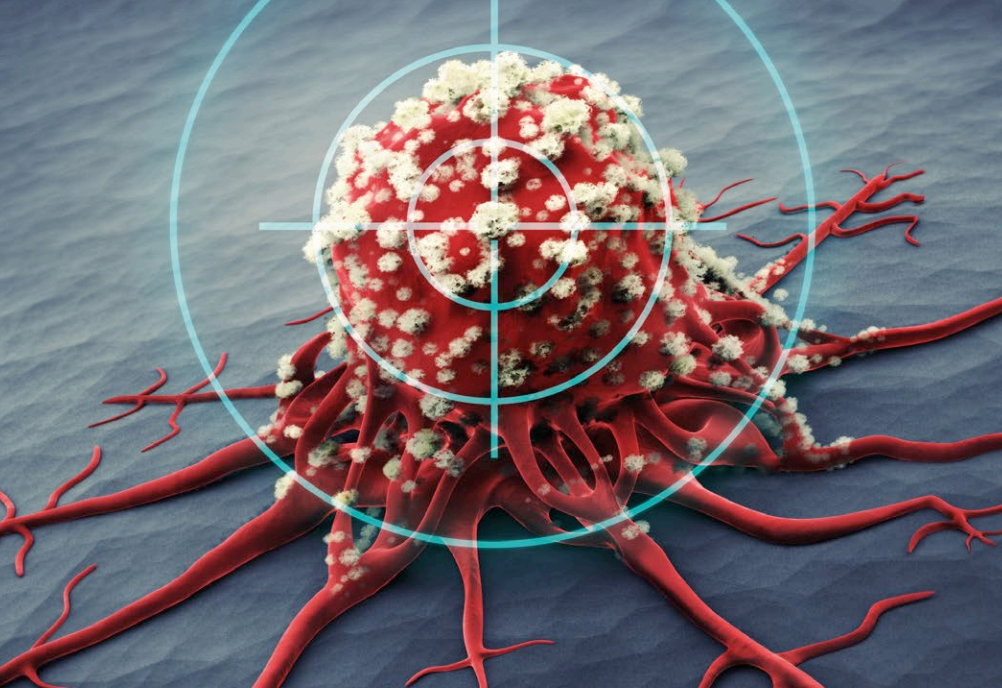Share this Page:
Sharon attended the Association of British Pharmaceutical Industry (ABPI) Annual Conference on 30 June, where the UK Life Sciences Superpower Report was presented. Action Kidney Cancer also had a stand at the event to build awareness of patient advocacy among the pharmaceutical sector.
Last year the UK Government published its Life Sciences Vision, which set out an ambition to ‘regain [its] status as a Science Superpower by [becoming] the leading global hub for life sciences’. The UK has the potential to become the leading country for life sciences in the world. However, the UK will need to move quickly to fend off international competition. It will also need to implement the Government’s Life Sciences Vision fully and rapidly across the life sciences system.
Life sciences is already a major contributor to the UK economy. The Life Sciences Superpower Report uses data from 2019, before the pandemic. However, where 2020 data is available it has been included. In 2019:
- Life sciences contributed £36.9 billion to UK gross domestic product (GDP) and 584,000 jobs
- Life sciences direct GDP contribution of £16.9 billion supports patient outcomes and NHS productivity with innovative medicines and medical devices as well as cutting-edge scientific research
- Spending on pharmaceutical research and development totalled over £4.7 billion, which was 18 per cent of all commercial research and development investment across the UK economy
- Clinical research studies supported by the National Institute for Health Research Clinical Research Network (NIHR CRN) generated £2.7 billion of GDP and supported over 47,400 jobs in the UK in 2018/2019
- Pharmaceutical manufacturing research and development investment is expected to raise productivity by £45.0 billion over the next 30 years.
- £68 billion in additional GDP over 30 years, due to the benefits of increased research and development investment alone
- 85,000 additional jobs from increased pharmaceutical exports
- 40 per cent decrease in disease burden across the UK
- 17,500 new job created by greater intellectual property (new discoveries) from the life sciences sector
- £16.3 billion additional GDP and 85,000 additional jobs in total from increased pharmaceutical exports
- £165 million additional revenues and £32 million cost savings annually to the NHS from greater UK share of global commercial clinical trial enrolment each year
- NHS patients getting access to new medicines within 3 months of licensing and 36% improvement in uptake of innovative medicines.
However, there are some weaknesses that need to be addressed. Although investment in biotechnology has increased in recent years, the country’s overall share of global spend on the research and development of new medicines and treatments is falling. Also, the UK’s global lead in clinical trials is in decline. Pharmaceutical manufacturing in the UK is also shrinking. Globally, the UK is perceived to be challenging for the access and uptake of innovative medicines and treatments, which has an effect on its attractiveness for product launches.
Execution and partnership by the UK and devolved nation governments, the NHS, the pharmaceutical sector and other stakeholders will be required to make this Life Sciences Vision a reality.
Read the full Life Sciences Superpower report from the ABPI here













